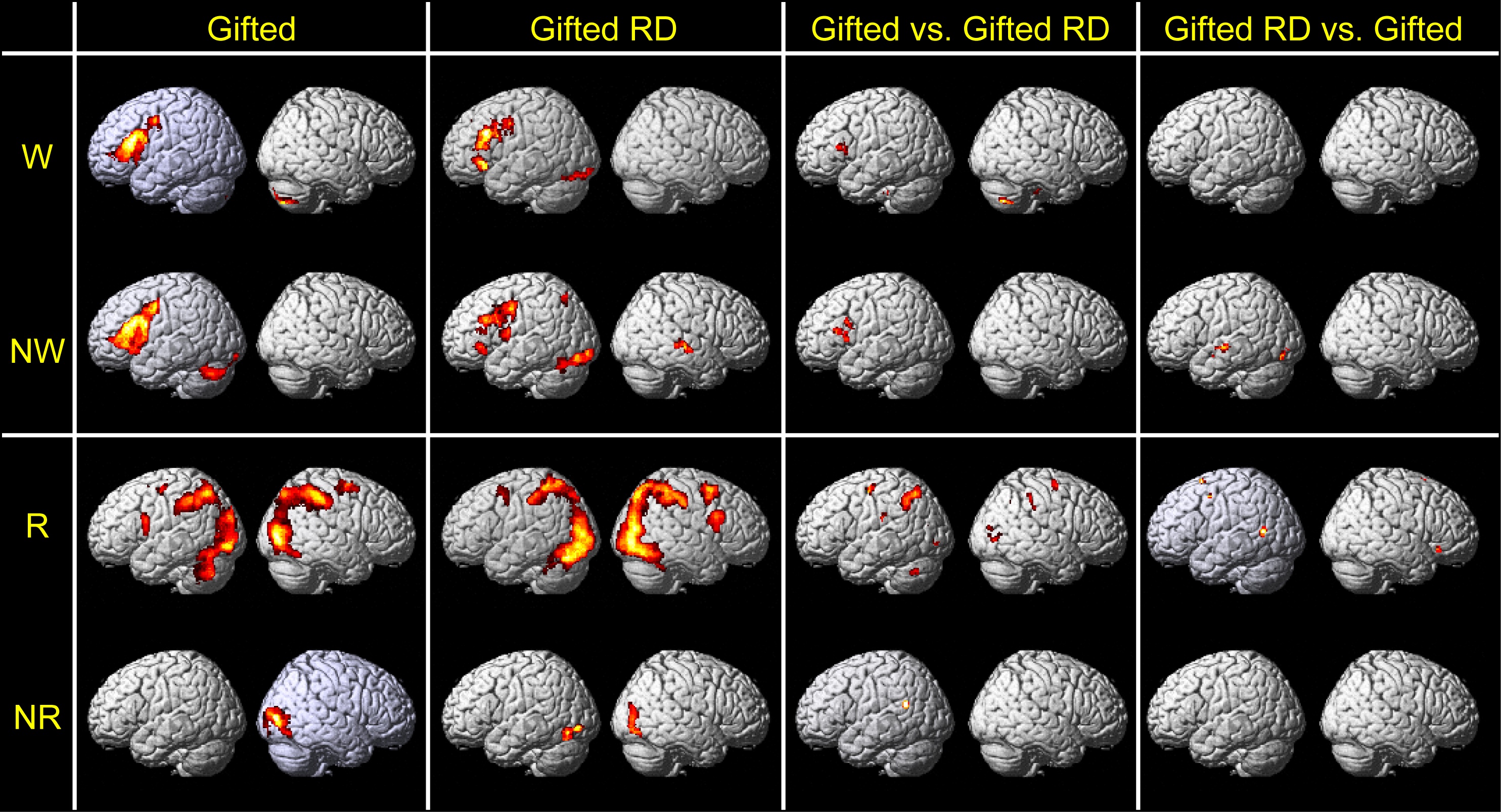Goals
Note that the emphasis of this program is on research, rather than applied work. This program provides training in the basic theoretical foundations of the field, as well as advanced training within each student's chosen area of specialization. Students receive a thorough grounding in the research methods used in psychological sciences. Students are also expected to complete statistical training (described below). Details on the general requirements for the graduate program can be found in the graduate student handbook (see the graduate resources section of this website).

Research Training
Research training at UC Merced is accomplished through a mentorship model, in which graduate students work closely with their faculty advisors. Typically, each graduate student is admitted to the program to work with a specific faculty member. Each student is expected to become involved in his or her advisor's research program during the first semester.
Students work with their advisors to develop research projects, and are expected to present their research at the end of their first year, during the department's weekly colloquium seminar. As students develop their research programs, they are expected to engage in appropriate scholarly activities, such as attending conferences and publishing their findings in scientific journals. Students are also encouraged to broaden their research training by developing research projects with additional faculty members.
Course Work
The UC Merced Psychology program offers basic and advanced training in methods and content. All psychology graduate students are required to take a minimum of 48 credit hours of regular courses in order to obtain a doctorate. This is a minimum requirement, and students often take additional credits to bolster their expertise. Most UC Merced courses are 4 credit hours per course and are offered on the semester system. In addition to the required 48 credits to complete the Ph.D., doctoral students are expected to sign up for research credits each semester if they are under the 16-unit cap.
During the first several years, enrollment will largely consist of core required courses and recommended courses that are of interest to developmental psychologists. All curricular plans should be made in consultation with, and be approved by, students' advisors.
Required Psychology Core Courses: All UC Merced psychology graduate students should take the following courses in the first year of graduate study, unless otherwise noted (exceptions may be granted by the graduate advisor on a case-by-case basis). These courses must be taken at UC Merced, although exceptions may be granted for students who are approved to transfer graduate level coursework from another institution.
- PSY 200A Professional Seminar for First Year Ph.D. Graduate Students I (4)
- PSY 200B Professional Seminar for First Year Ph.D. Graduate Students II (4)
- PSY 202A Advanced Psychological Statistics I (4)
- PSY 202B Advanced Psychological Statistics II (4)
- PSY 204 Research Design and Methodology (4) [Note: May be taken in second year of graduate study]
Recommended Courses in Developmental Psychology: In addition to the core coursework, students interested in developmental psychology (DP) should take the following courses. It is highly recommended that this sequence be completed by the end of the student’s second year, unless one of the courses is not offered during that time frame.
- PSY 230 Developmental Psychology (4)
- PSY 231 Developmental Psychology II (4)
It is also recommended that students take three additional courses from the DP offerings. Exceptions and substitutions of transfer courses may only be made with approval by the student's advisor and the DP faculty. These courses should be an explicit part of the student’s coursework plan based on the department’s projected offerings/course schedule.
Elective Courses Outside DP Area: In consultation with their advisors, students are expected to broaden their backgrounds by taking courses outside the DP area. Electives may also be used to provide more in-depth study of a particular area. All electives need to be content courses at the 200 level.
Students should select elective courses that complement their current research focuses. Students may opt to fill this requirement with statistics courses from the psychology department (e.g., psychometrics, longitudinal data analysis, linear modeling, etc.), and/or appropriate courses offered through the health psychology program.
Students may also fulfill this requirement with courses outside the psychology department. We encourage students to consult the course schedules of various disciplines on campus, such as anthropology, cognitive science, biology, computer science, sociology or public health, among others.
Developmental Psychology Journal Club: Students focusing on developmental psychology are also encouraged to register for the Developmental Psychology Journal Club each semester. Attendance at all meetings is strongly encouraged. Note that this course does not count toward the elective requirement.
Research or Directed Study: It is highly recommended that students register for credits of PSY 295 or 299 each semester unless they are already registered for 16 credits. PSY 295/299 credits can be used to bring students’ total semester enrollment to at least 12 credits (full-time status). Students are expected to engage in research each semester regardless of whether s/he is registered for PSY 295/299 credit. About the fourth year, these courses will be replaced with PSY 297 as work commences on dissertation research. Topics, the type of research performed and the number of credits for PSY 295 or 299 are determined in consultation with each student's advisor and are part of the research mentoring process of the program.


